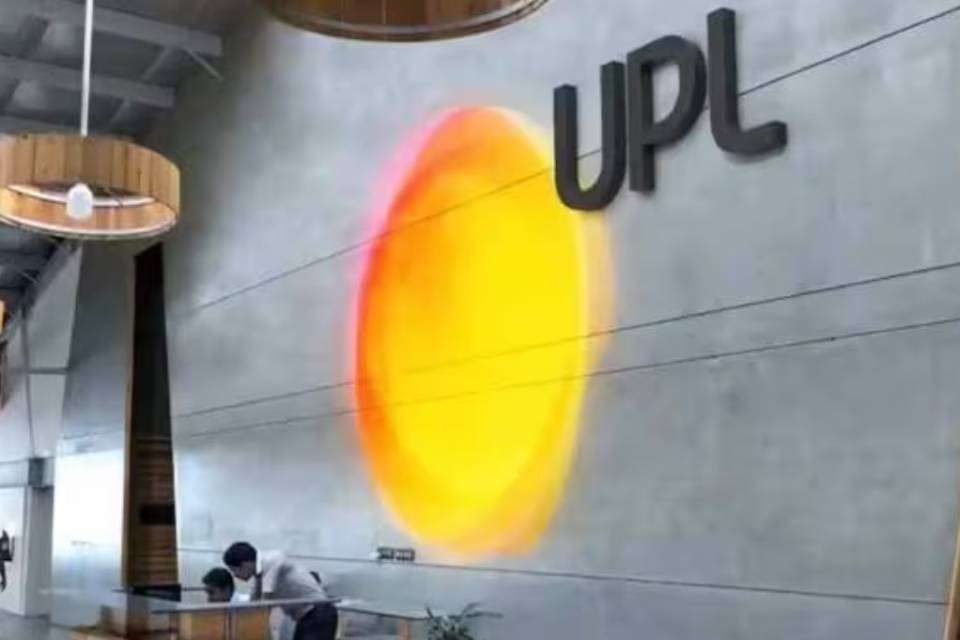EBIC Calls for Simpler Rules to Enable Innovation and Improve Competitiveness for EU Agriculture
EBIC, the trade association for plant biostimulants in Europe, has proposed a series of updates to the European Fertilising Products Regulation (FPR – EU 1009/2019) as part of the EU’s commitment to regulatory simplification. Implementation of EBIC’s proposals will improve agricultural competitiveness by creating clear pathways for innovation, enabling strategic autonomy for farmers, and ensuring a functioning and resilient EU single market.
“There are some clear, easy wins available to regulators,” says Carlos Rodríguez-Villa Förster, President of EBIC. “If Commissioners are serious about EU agriculture competing on the world stage, then they must simplify the regulations to encourage investment, enable innovation, and empower farmers. If we can give farmers fast access to the full range of crop inputs, including new technologies, they can make decisions that will improve sustainability as well as productivity.”
EBIC’s position is that innovation, resilience and sustainability are being held back by outdated and unnecessarily rigid structures. It has identified three areas in which changes to the FPR will have an immediate, positive impact on farm competitiveness across Europe:
Micro-organisms (CMC 7) – create a criteria-based approval system
There are many safe, effective, proven microbial innovations which are currently blocked by EU rules. EBIC calls for a transparent, criteria-based system for the approval of additional micro-organisms, which would boost soil health, enhance climate resilience, and reduce emissions, leading to more sustainable farming systems.
Animal By-Products (CMC-10) – address outdated risk management barriers
The mitigation measures in place for animal by-products create unnecessary barriers for sustainable, circular materials without improving safety. EBIC calls for the consistent treatment of animal by-products across different use cases, starting with a clear definition of end points based on risk and function and proportionate mitigation measures.
REACH+ Requirements – remove obstacles to innovation
The current REACH+ regulations are preventing innovation by setting unnecessary obligations for low-risk, low-volume recycled materials of organic origin. EBIC calls for secondary legislation to be implemented to align REACH+ requirements in the FPR with normal REACH principles and to streamline the registration pathways for fertilizer-use-only substances with low risk.
“The European Commission has a great opportunity to make an impact on EU competitiveness, sustainability and food security with some straightforward changes to the FPR,” confirms Mr Rodríguez-Villa Förster. “EBIC’s members are committed to developing new technologies to improve farmer resilience and productivity. The changes we have proposed will encourage that continued investment which is so important to the future of EU agriculture.”
EBIC’s full position paper is publicly available on its website.





